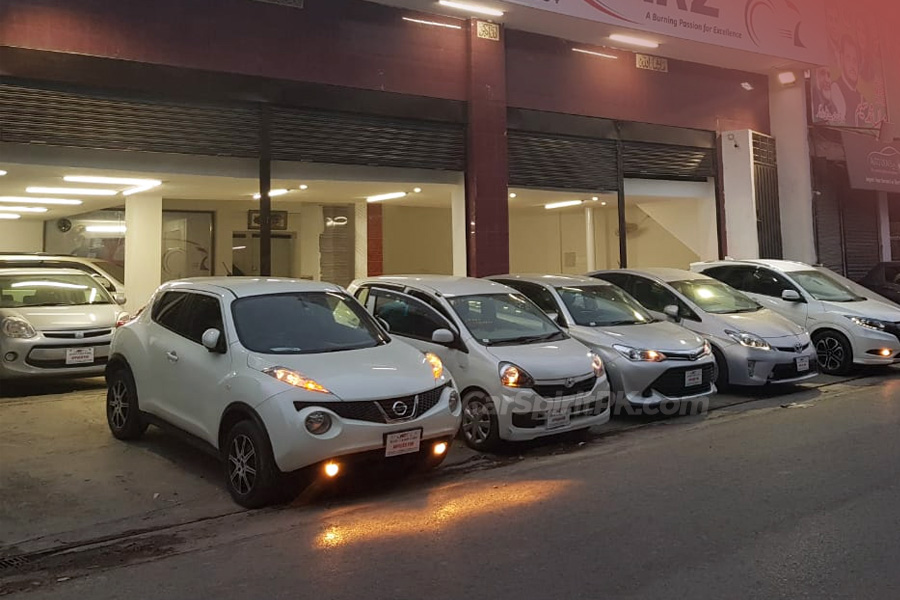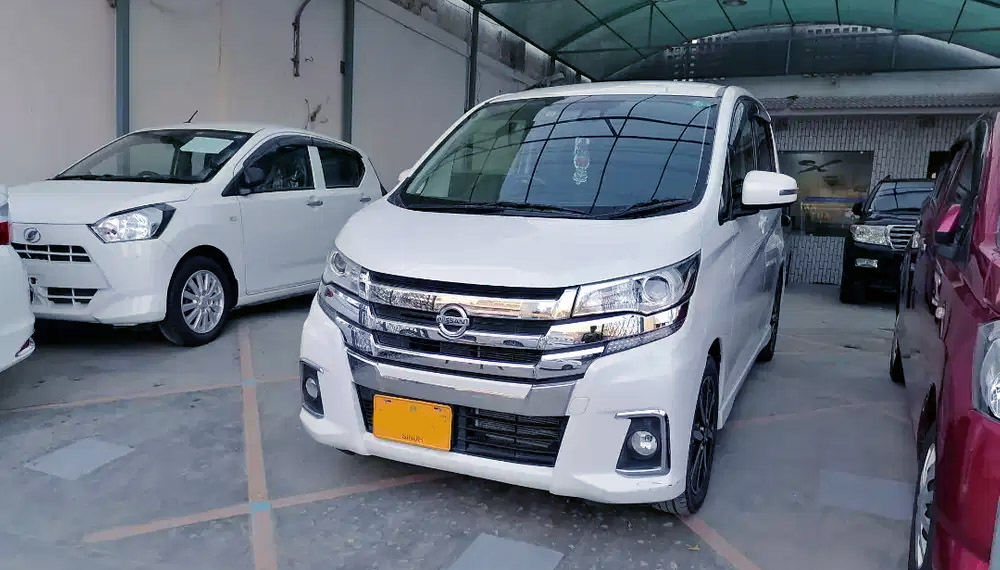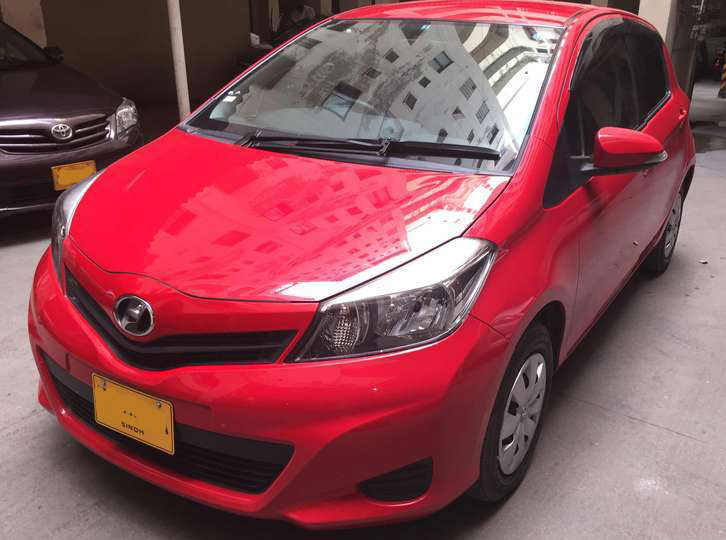Local auto assemblers have once again expressed serious concerns regarding the proposed relaxation on import of used cars as importers of used cars are reportedly lobbying for relaxation in import policy.
Related: Dealers Demand Allowing Import of 660cc Used Cars
In a letter sent to Minister of Industries and Production (MoIP), Pakistan Automotive Manufacturers Association (PAMA) has expressed concerns regarding news that the government is considering relaxing import policy for used cars arguing that the move will harm the local auto industry, will dent the confidence of new investors and may jeopardize existing and further investment in the country. According to PAMA, with more capacity being added with the entrance of newcomers such as Kia & Hyundai, the supply from the local auto industry will soon overtake the local demand, rendering all imports unwanted, costly and contrary to the interests of the country.
PAMA stated that the domestic industry had been a victim of injustice as a substantial (about 30%) market share was allowed to the imported used vehicles. The current Auto Industry Development Policy (AIDP 2016-21) considered the malpractice and a full chapter (Chapter Five) was devoted to regulating the import of used vehicles. PAMA alleged that used car dealers were abusing the policy meant for overseas Pakistanis and illegally importing used cars and vehicles causing massive flight of foreign exchange through illegal channels.
Related: Are Used Imports A Blessing?
According to PAMA the misuse of the policy related to import of used vehicles results in loss of foreign exchange of almost $2 billion every year, evasion of General Sales Tax (GST) and Value Added Tax (VAT) as well as loss of technology transfer to the country. In comparison, local manufacturing of cars leads to the development of the local industry that in turn creates jobs for the local population.
On the other hand, the used car importers are of the opinion that restrictions on imports have given the local assemblers competition-deprived free hand to manipulate car prices which have gone past the reach of average car buyers. Car prices are more frequently increased ever since the import restrictions came into play, leaving consumers with no choice but to buy expensive local assembled cars which lacks quality & features offered in other parts of the world.
Related: Should Government Allow Importing Used JDMs
According to used car importers, the local assemblers are spending billions of dollars annually on the import of parts, assemblies, CKD kits & CBU units. The Chairman of all Pakistan Motor Dealers Association (APMDA) Mr. H.M. Shahzad had pointed out that local assemblers have spent $818 million on importing complete and semi-knocked down kits in 2018-19. According to him majority of used cars in Pakistan come from Japan and they offer better features than locally assembled ones. He said about 90% used cars have small engine capacities ranging between 660cc to 1000cc and are preferred by a large number of common car buyers.
Earlier this year, auto parts vendors also spoken out against local vehicle assemblers over low localization and high prices. They pointed out various SROs especially 655(I)/2006 which have only benefited local assemblers instead of auto vendors and consumers.
Related: Auto Parts Vendors Criticize Assemblers for Low Localization & Higher Prices
The Chairman of Pakistan Automotive Parts and Accessories Manufacturers (PAAPAM) Capt (retd) Muhammad Akram said:
“I have written a letter on low localization, high prices and misuse of SROs to the Ministry of Industries. The price of locally assembled vehicles could have been kept low if the localization of the parts in true sense had been carried out.”
Related: Tussle Between PAMA and PAAPAM Intensifies
To facilitate localization, the government had offered some incentives in form of duty cuts on import of raw material, sub-components and components through various SROs around a decade and half ago. However the PAAPAM chief criticizes:
“The noted 15-year-old SRO655 has never gone under any update or review for achieving the objectives like encouraging localization, promoting growth/up-gradation of APMs and supply of rationally priced vehicles to the consumers.”

A computer animation professional with over 23 years of industry experience having served in leading organizations, TV channels & production facilities in Pakistan. An avid car enthusiast and petrolhead with an affection to deliver quality content to help shape opinions. Formerly written for PakWheels as well as major publications including Dawn. Founder of CarSpiritPK.com







